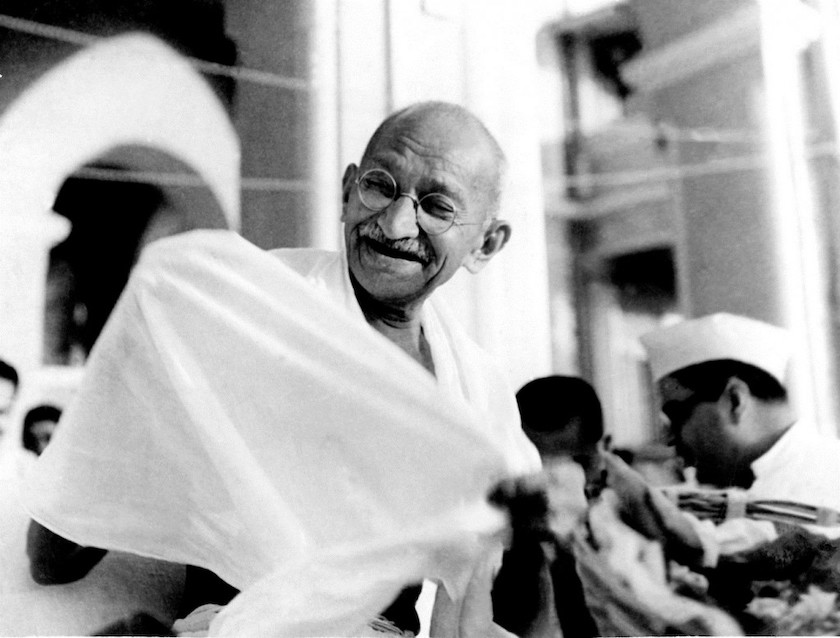Children are awesome. And sometimes they are an awesome challenge. To be honest, our two daughters are this every single day – more than once. Young children in particular express their insatiable desire for self-determination without restraint. Especially when we as parents, for good reasons or because time is pressing, want to control them and demand obedience. However, they react to our threats and manipulation attempts all the more rigorously with refusal, the more forcefully we put these forward. This is exhausting, but in essence also very good, because the point is not obedience and subordination, but rather personal responsibility and (self-)discipline – neither when it comes to bringing up children nor in other leadership situations.
Obedience
‘Obedience’ is to mean that the action of the obedient essentially occurs as if he had made the content of the command for its own sake the maxim of his conduct, and that only for the sake of the formal relationship of obedience, without regard to his own view of the value or insignificance of the command as such.
Max Weber
Obedience has a long tradition in Germany. Lenin is credited with saying that there would never be a revolution in Germany because the Germans would buy a platform ticket before they stormed the station. Equally derisive, but much more ornate, Heinrich Mann described his protagonist Diederich Heßling in the novel “Der Untertan” (literally “the subject”, translated into English under the titles Man of Straw, The Patrioteer, and The Loyal Subject), completed in 1914, as an obedient to authority, nationalist follower and conformist. He crawls to the bigwigs and bullies the underlings and thereby becomes popular and successful.
On the birthday of the professor the catheters and the table were crowned. Diederich even wrapped the cane.
Heinrich Mann: Der Untertan.
Notwithstanding the small and large excesses of blind obedience in our history, education for a long time aimed at obedience, first to parents, then to teachers, pastors, mayors and other authorities, and finally to the boss. Unfortunately, this attitude does not disappear. On the contrary, authors like Bernhard Bueb and his book “Lob der Disziplin” (engl. “Praise of discipline”, which should have been called rather “Praise of Obedience”, but which then for obvious reasons probably wouldn’t have sold so well) give it new heights. And while some, above all the tabloid press, celebrated Bueb as “Germany’s strictest teacher”, many representatives of the educational sciences criticized his essay as backward-looking and uninhibitedly totalitarian black pedagogy.
Discipline
Discipline is achieved through self-organization and personal responsibility, by disciplining one only gets obedience.
Gerald Hüther
The Latin disciplīna derives from discipulus, which means ‘pupil’ or ‘apprentice’, and initially just means ‘school’, ‘teaching’ or also ‘science’. Learning requires discipline in the sense of perseverance. Only in the course of time has the concept of discipline acquired the aftertaste of obedience and subordination. The brain researcher Gerald Hüther therefore makes a clear verbal distinction between disciplining, which aims at obedience by avoiding negative consequences, and genuine discipline in the sense of self-discipline and personal responsibility, the origin of which lies in ourselves.
Children are just like adults on this point: we want to cooperate whenever possible, but we don’t like being manipulated to do so.
Jesper Juul
The task of education and leadership in general is to elicit and promote this self-discipline. As a father, I cannot and will not always stand beside my children, wag my finger and punish misconduct, nor can and will I control every move of my people as a leader. In both situations I want and have to trust that independent action is taken correctly in the sense of the whole. And in both situations it is my responsibility to encourage and empower discipline without instructing or punishing.
One-half of life is luck; the other half is discipline – and that’s the important half, for without discipline you wouldn’t know what to do with luck.
Carl Zuckmayer





